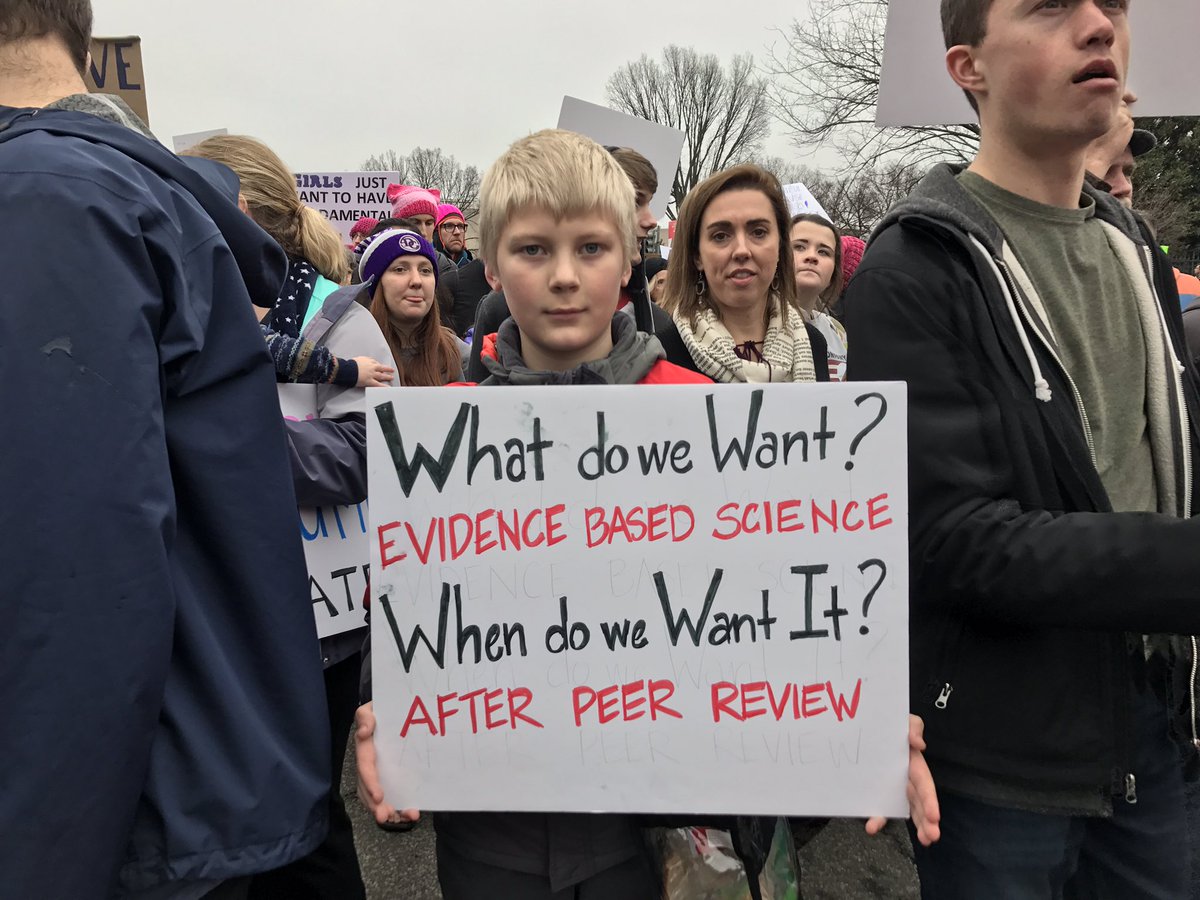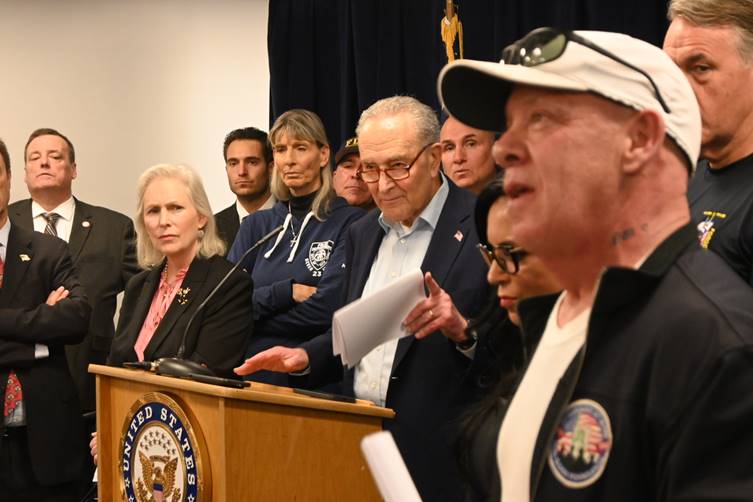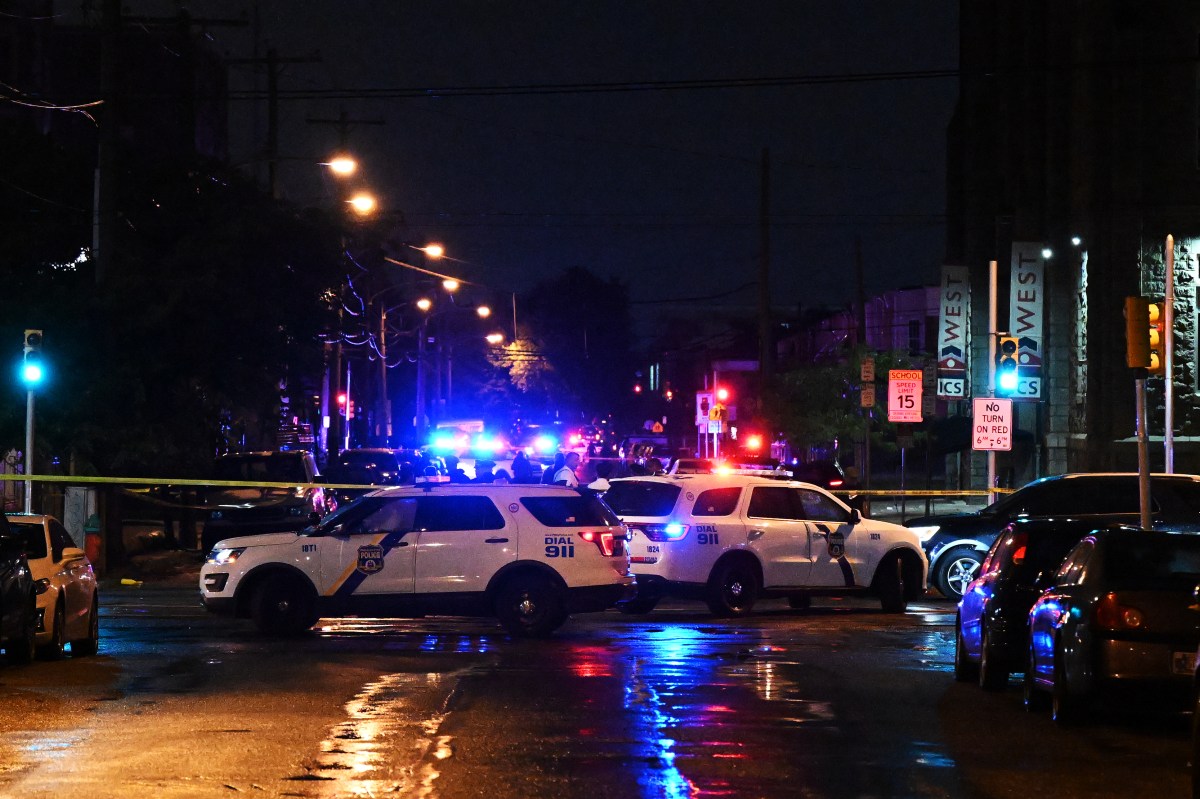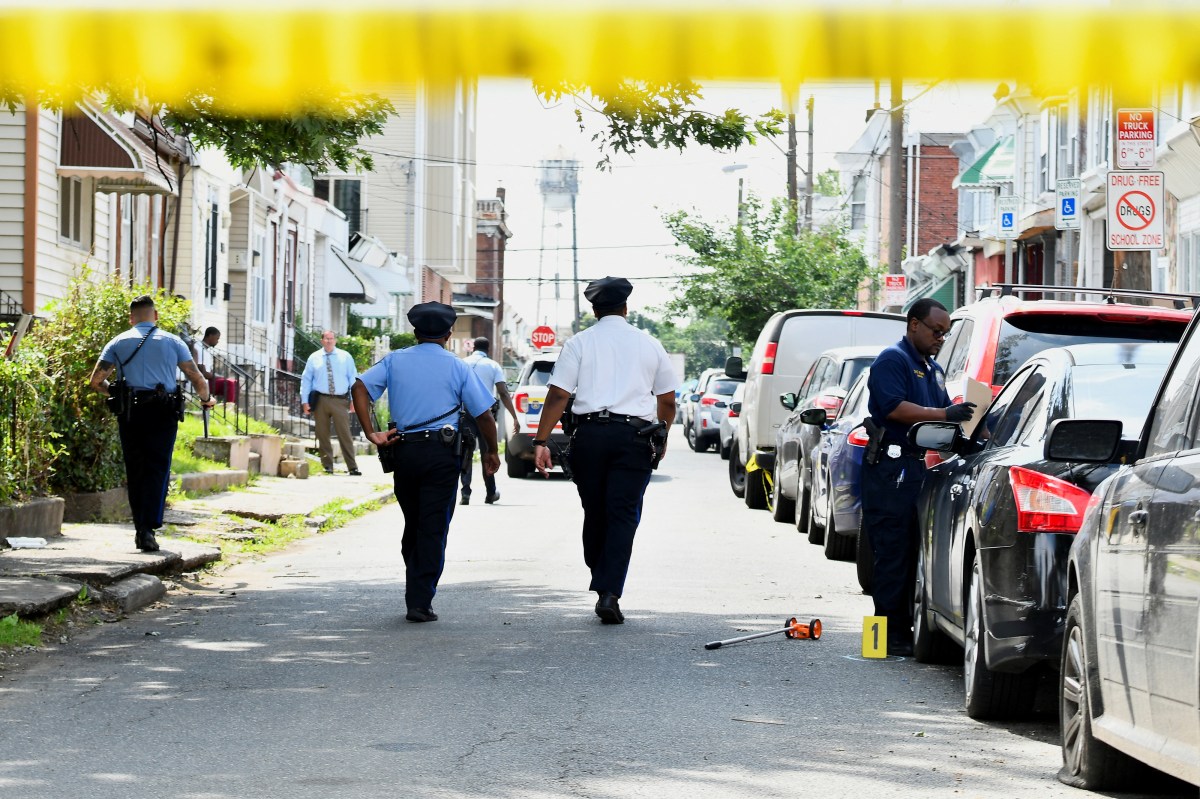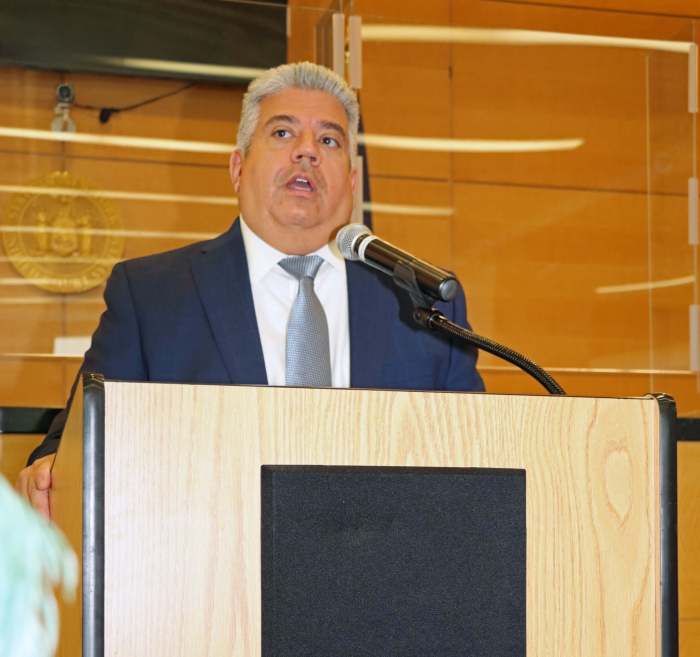Saturday’s worldwide March for Science rallies will coincide with Earth Day, and that’s no coincidence. Organizers formed the March for Science political movement to counter President Donald Trump’s efforts to undo many environmental and climate regulations.
The scientific community has increasingly found itself under fire, organizers say. So this year, instead of simply marking a day to celebrate the Earth, they will use the April 22 event to mix politics with activism.
The March for Science will take place in Washington and in more than 500 locations across the globe, including Boston, New York and Philadelphia.
The goal, organizers say, is a nonpartisan effort to shape new policies concerning science and education. In Boston, an academic and research hub, that sentiment has garnered strong support.
“We join together to urge policy, educational, and community leaders to put science at the forefront when making decisions,” said Ashley Ciulla, a co-chairwoman of Boston’s Science March. Ciulla conducts research at Harvard Medical School and MIT’s Koch Institute for Integrative Cancer. “Boston is known as an innovative city where science and scientific research are paramount, and the enthusiasm and response to the March for Science have been inspiring.”
On the March for Science homepage, there is a sense of urgency behind the message: “In the face of an alarming trend toward discrediting scientific consensus and restricting scientific discovery, we might ask instead: can we afford not to speak out in its defense?”
Still, some critics have urged against speaking out, believing that science “must be free of bias. It must be free of political passion,” as Joe Funderburk, an entomologist at the University of Florida, told The New York Times.
But Michèle Lamont, a Harvard University professor and the president of the American Sociological Association, said the only opposition she’s personally heard is from scientists who want the event to be more political.
The ASA is a partner of Washington’s March for Science, and Lamont said she reached out to all the heads of university sociology departments around the county, urging them to participate.
The Boston area has the largest concentration of academic institutions in the country, and many of them “depend on federal dollars for a good part of their activities and research,” she said. “So the concern here is very high.” As of Wednesday, more than 75,000 people on Facebook have said they planned to attend or were interested in attending Saturday’s event in Boston.
Ciulla said the issue was too important for her to remain silent. “The passion that scientists of all kinds harbor for their work and for the people they are helping is so incredibly real,” she said. “The benefits to humanity are so important and worth fighting for. Scientists coming together to fight for all of the progress we have made, and will make, is absolutely worth a couple of hours of your time.”
March for Science in the U.S. and around the world
The April 22 March for Science will include more than 500 marches in the U.S. and across the world. The event is in partnership with the Earth Day Network, the Nature Conservancy, the National Center for Science Education and other organizations.
—The Boston March for Science starts at 1 p.m., at the Boston Common. Its Facebook event page had 20,000 people responded they would attend. The event will stay within the area of the Common and include a main rally with speakers, music performances and a “Kids Zone.”
—The New York March for Science starts at 10:30 a.m., with a rally and stage area at West 62nd Street and Central Park West. About 11,000 people responded they would attend on the group’s Facebook page. The march will head down Central Park West onto Broadway via Columbus Circle and finish at 52nd Street and Broadway.
—The Philadelphia March for Science starts at 10 a.m. at the south side of City Hall. According to its Facebook event page, 4,600 people said they will attend. The march will start at City Hall, and end at Penn’s Landing Great Plaza.
For a full list of events, visit the March for Science website.

